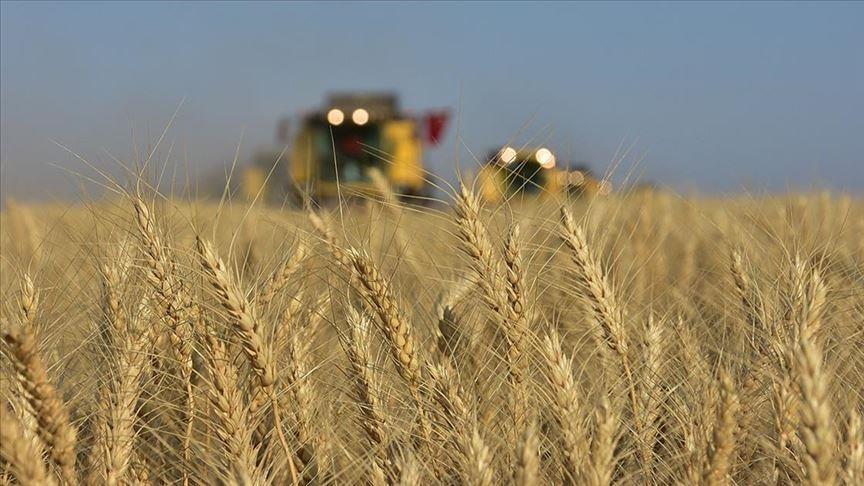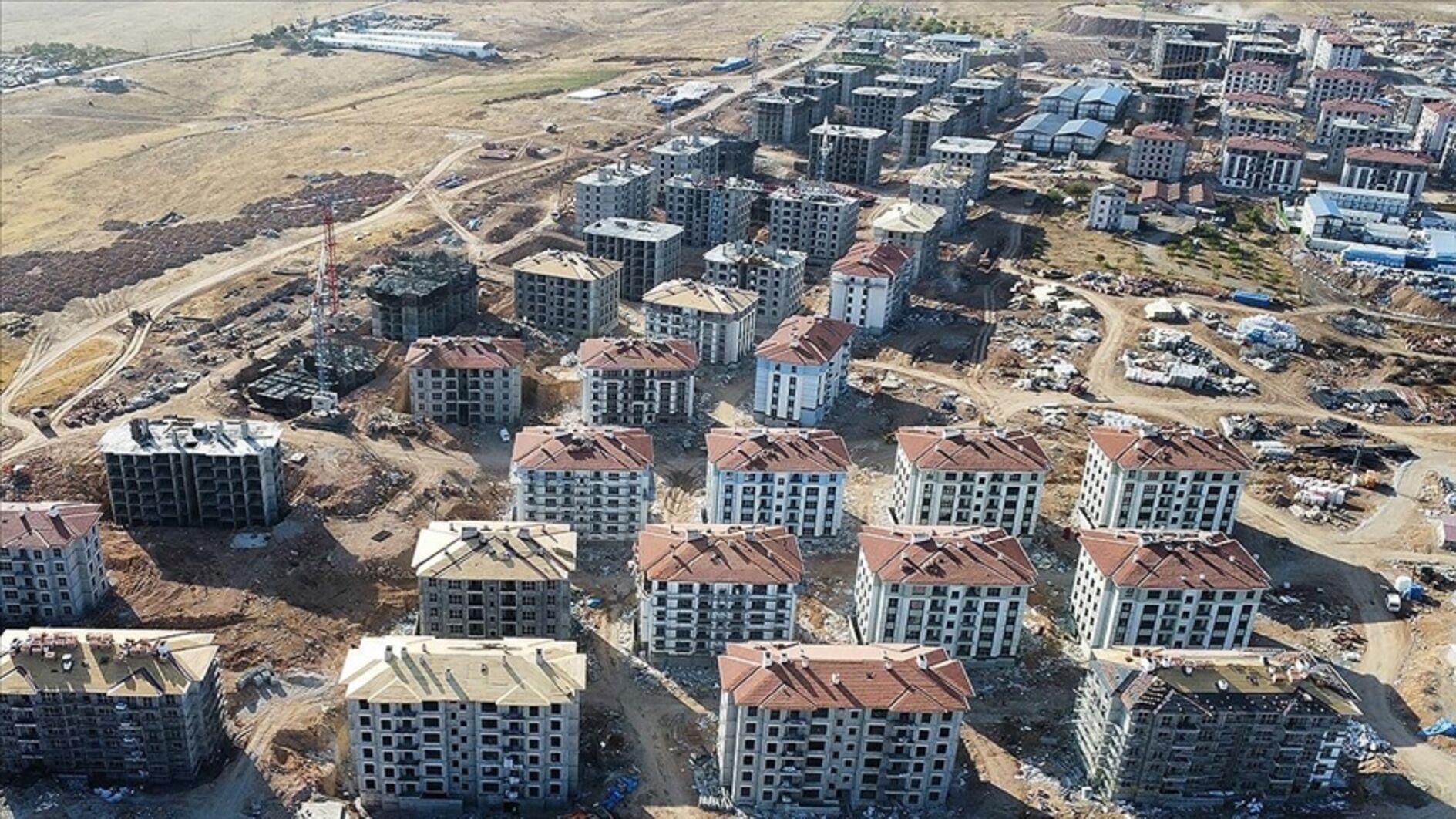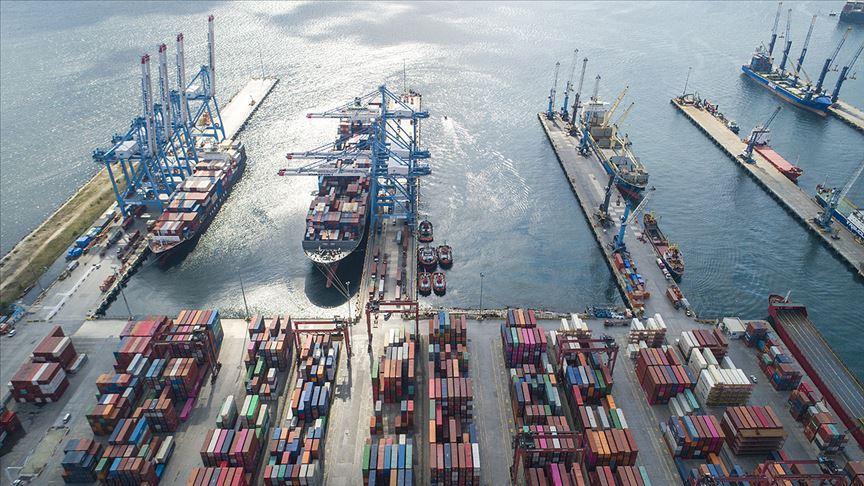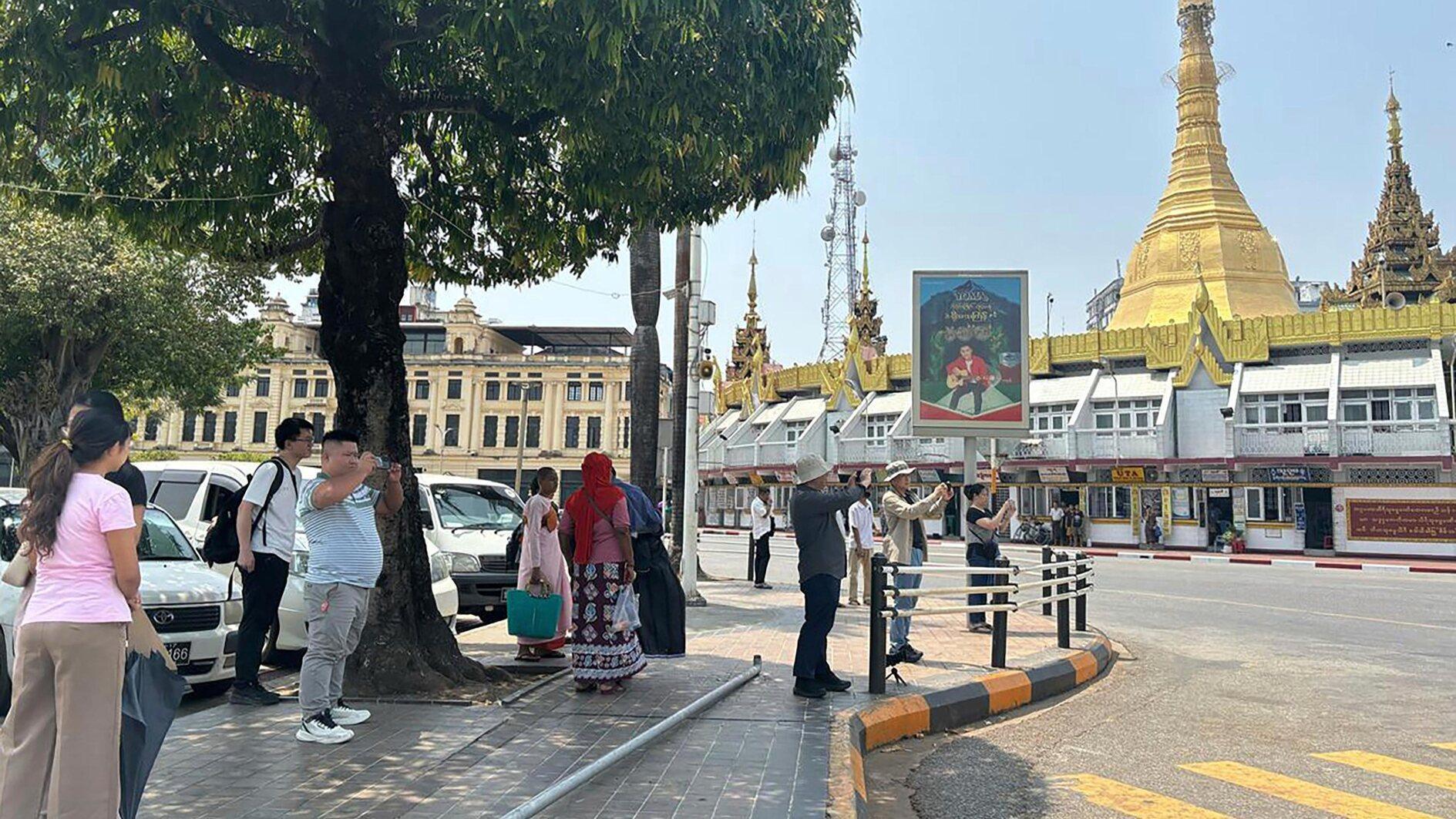At least 34 migrants die in latest tragedy on Aegean Sea
BALIKESİR / İZMİR
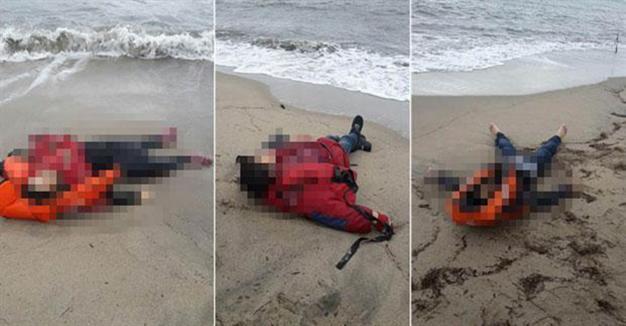 The bodies of at least 34 migrants who were attempting to cross to Greece have washed up in the Aegean districts of Ayvalık and Dikili after two boats overturned in stormy weather, amid fears that the death toll could rise.
The bodies of at least 34 migrants who were attempting to cross to Greece have washed up in the Aegean districts of Ayvalık and Dikili after two boats overturned in stormy weather, amid fears that the death toll could rise.An unknown number of refugees were attempting the crossing between Dikili and Greece’s Lesbos Island when they encountered rough weather which caused their boat to capsize at around 5 a.m.
Some 34 people, including children, were reportedly killed in the disaster.
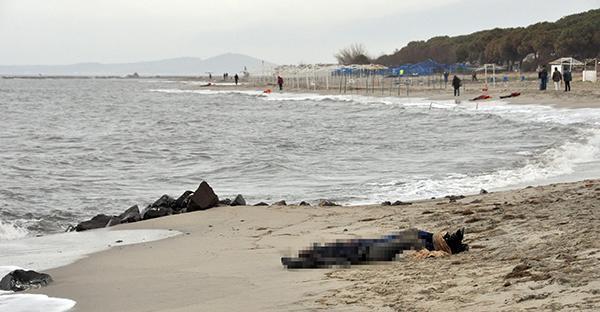
AA Photo
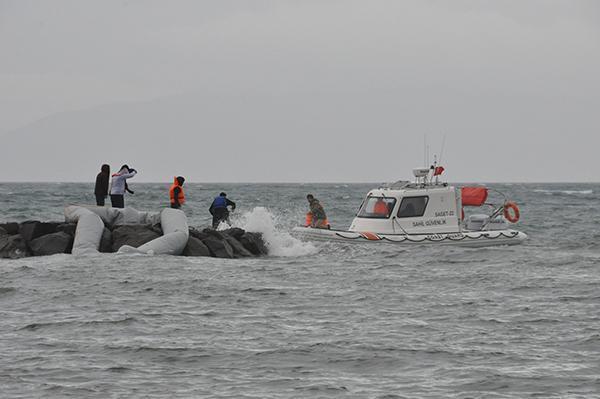
AA Photo
The bodies began washing up on the shore of a housing development, Martı Site, in Ayvalık’s Altınova Neighborhood.
Namık Kemal Nazlı, Ayvalık’s district governor, told the state-run Anadolu Agency that the victims of the first incident were believed to be from Iraq, Algeria and Syria. There was no information on the nationalities of those who drowned in the second incident.
Nazlı said were still searching for more migrants and that the death toll could rise further.
In Photos: At least 27 refugees’ bodies wash ashore on Turkey’s Aegean coast
Haberin Devamı
Turkish Coast Guard teams rescued six refugees who succeeded in climbing up a breakwater amid the stormy weather. The rescued migrants were sent to Ayvalık State Hospital with hypothermia.
“We heard a boat sink and hit the rocks. I surmise these people died when they were trying to swim for the rocks. We came here to help as citizens,” an unnamed eyewitness said.
Meanwhile, a dinghy carrying migrants from Dikili to Lesbos was submerged after taking on water.
Some 56 of those aboard the dinghy were rescued by the Turkish Coast Guard, while the bodies of 10, including women and children, washed ashore at Kumburnu in Dikili’s Salihleraltı neighborhood.
Some migrants were brought to Dikili State Hospital for treatment, while others in good condition were turned over to the police.
The flow of mostly Syrian refugees and migrants braving the seas to seek sanctuary in Europe dipped toward the end of last year with colder weather, but the total still reached 1 million last year, nearly five times more than in 2014.
Increased policing on Turkey’s shores and colder weather conditions have not deterred refugees and migrants from the Middle East, Asia and Africa from embarking on the perilous journey in small, flimsy boats.
Around 850,000 migrants and refugees crossed into Greece last year, paying smuggling gangs to ferry them over from Turkey in frail boats. Hundreds have lost their lives during the crossings.
The International Organization for Migration estimates that 3,771 migrants overall have died while trying to cross the Mediterranean Sea to Europe last year. The final number for 2015, released on Jan. 5, was up from the 3,692 figure the agency released before Christmas.
The IOM said last year was the deadliest on record for migrants crossing the Mediterranean, with the number of deaths rising from 3,279 in 2014. The IOM said a large majority of the deaths last year were still on the central Mediterranean route, mainly involving people crossing from Libya – 2,892, or 77 percent. However, there were 805 deaths in the eastern Mediterranean – accounting for 21 percent of the total, up from only 1 percent the previous year – as that route became more popular.
Top officials from Denmark, Sweden and Germany, meanwhile, were scheduled to hold talks in Brussels on Jan. 6 amid concern about new border control measures aimed at stopping migrants entering northern Europe, EU officials said Jan. 5.
Sweden introduced ID checks on all people traveling to Denmark, and Denmark tightened border controls on its border with Germany on Jan. 4 for at least 10 days, citing concerns about public security because of migrant movements and border measures taken by other EU member states.
Danish officials said 18 people without proper ID were refused entry from Germany in the first 12 hours of the increased border crossing checks. Three people were also arrested on suspicions of human smuggling.



